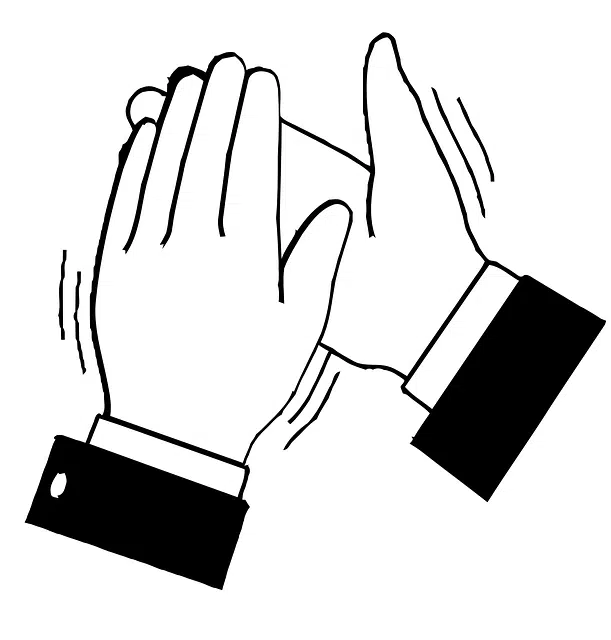
An interjection allows you to develop an exclamatory statement. For example: "Bravo!"
With etymological origin in the Latin word interiectio , interjection is a term that refers to a particular kind of word . Specifically, interjections are composed of elements that allow the creation of exclamatory statements to express impressions or specify an appellative speech act .
Interjections are considered pregrammatical signs, capable of fulfilling representative, conative or expressive functions. It is a synthetic form of language that serves, among other things, to appeal to an interlocutor or to communicate a feeling .
Proper and improper interjections
A proper interjection is one that has a simple phonetic body and does not fulfill any other grammatical role. For example : "Bah!" ( “I don't feel like going to the party. Bah! I don't really want to run into my ex.” ), “Hey!” ( "Hey! How are you going to treat a child like that?" ), "Whoa!" ( "I was walking distracted and bam! I tripped on a rock and fell to the ground." )
An improper interjection , on the other hand, is developed from adverbial, verbal, adjectival or nominal forms: "My God!" ( “My God! How can you afford something like that?” ), “Bravo!” ( "The Swiss tennis player achieved a new title. Bravo!" ), "Watch out!" ( “It is a dangerous area to walk at night: Be careful! Be very careful” ).

The interjection “ay” is often used: “Ay! "My back hurts a lot."
Other types
Interjections can also be divided into expressive or appellative. Expressive interjections , also called symptomatic , are oriented to the speaker himself ( "Ay!" ). Appellative interjections or directive interjections , on the other hand, are oriented towards the listener ( "Hello!" ).
Expressive or symptomatic interjections, therefore, always refer to an emotional situation that affects the person who uses them, although in some cases the event has occurred to a third party, such as the interlocutor. In addition to "Ouch!" we can mention the following: «Bah! Hopefully! Thank goodness! Oops! (also written with an initial h ) Damn! What's up! Gee!".
Most of them, if not all, can express a response to an external event, both positive and negative, or the hope that a plan will be fulfilled, among other possibilities. For example, "Ouch!" It can be used to denote pain from a blow, to precede a sentence in which the speaker confesses to having forgotten the keys at home, or even to show the interlocutor a certain degree of empathy for something negative that has happened to him or her.
With respect to appeal or directive interjections, we can add that the sender uses them when he wants to attract the attention of others. The action of greeting someone can have several characteristics: on the one hand, when two or more people meet voluntarily, they are expected to exchange words and expressions such as hello or good morning , but they are not always expressed in an exclamatory or effusive manner, but instead in many cases with a certain degree of disinterest due to routine, as happens in a company; If the encounter is fortuitous, on the other hand, an interjection will surely come into play.
Saying to someone we pass by by chance on the street “Hello!” It is very different from the greeting we use every day with our coworkers. If we refer once again to the definition of appellative interjections, these words are used in situations in which all participants are not attentive to the same stimulus with the purpose of reversing this and establishing communication between them. Other examples that are as common as they are difficult to represent through our letters since the sounds we produce when saying them are not always identical, are “Ps! Shh! Hey!"
As you can see, in everyday conversation it is possible to use numerous interjections: «Hello! How are you? Ah! I didn't know you were still in the meeting. I'll call you later. Bah! Better call me when you're free, so I don't interrupt you again. Bye bye!" .
